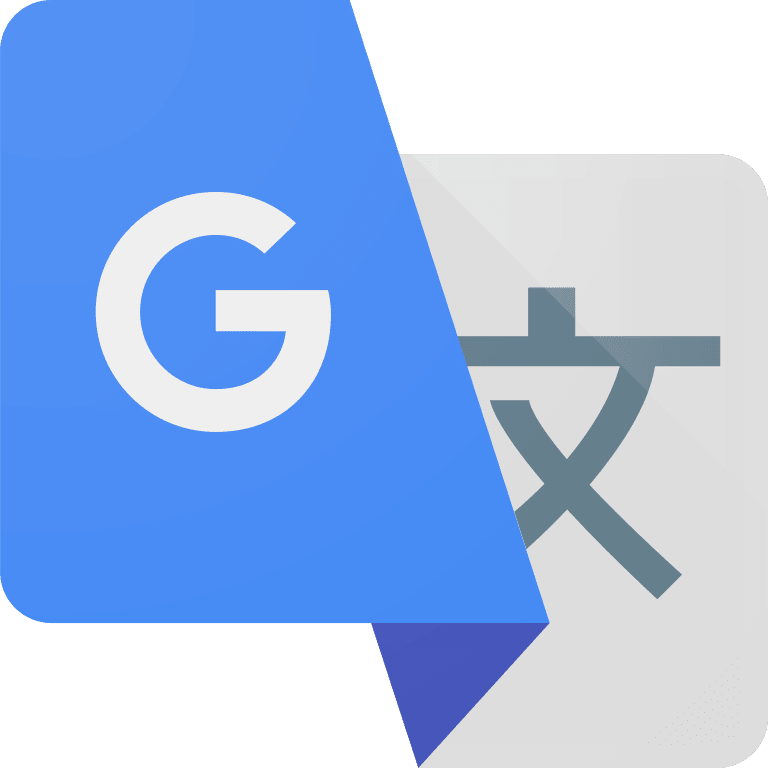 Every industry today needs to keep a firm eye on technological developments, and the language access industry is no different. As we discuss language technology and where we see things heading, one of the most common questions we hear is: “Isn’t Google Translate (or insert your personal favorite automated translation option) going to put you out of business?”
Every industry today needs to keep a firm eye on technological developments, and the language access industry is no different. As we discuss language technology and where we see things heading, one of the most common questions we hear is: “Isn’t Google Translate (or insert your personal favorite automated translation option) going to put you out of business?”
- Every business should really be excited about technology and how it can be harnessed and deployed to improve the products and services offered to its clients. The companies that don’t get excited and stay in touch with evolving technology tend to be the ones who suffer. (Think Kodak way back when digital photography was new.)
- The very fact that the public is increasingly interacting with language translation and interpretation technologies means the awareness of the role of multiple languages in our society is on the rise.
To dive deeper let’s take a look at one of the most popular automated language apps available, Google Translate.
Who uses Google Translate, why, and how?
The people using Google Translate are not the traditional target market for Language Access Service providers, and for good reason.
When someone pulls out their smartphone and uses the Google Translate app to view a sign in German to see what it says in English, they’re likely looking for a rest room, or, perhaps a restaurant that serves something uniquely German and delicious. The point is that they’re using Google Translate as a convenience to help make very low-risk, on-the-spot decisions as they travel. Or, just for fun.
They may use the conversation feature of the Google Translate app to ensure the waiter understands what kind of dish they’re trying to order, or to ask the person at the front desk of the hotel for more towels.
But if they’re involved in a traffic accident in the middle of Berlin and the police officers and EMTs who are responding don’t speak English, are they likely to rely on Google Translate to make sure it’s clear that they’re allergic to morphine and that they’re experiencing shooting pains down the outside of their left leg? What about describing the accident in detail so the report properly reflects what occurred when it makes it to the insurance company?
You see, these situations are simply more complex and critical. They carry more risk should a misunderstanding occur, and it could turn into a life or death situation. And everyone knows that Google Translate – or any other fully automated language app – are not able to guarantee accuracy.
When does a professional linguist come into play?
Language is a highly nuanced skill. So many factors come into play beyond the actual words or phrases being used: overall context, tone of voice, inflection, pausing, body language (if visible), figures of speech, and a host of background cultural factors all play a part in deriving the actual clear and accurate meaning from a word or phrase. Increased stress and other emotions can cloud the situation even further.
Automated translation apps simply can’t factor all these in, with the end result sometimes being comical. But when a situation is serious, a comical misunderstanding can be frustrating or even dangerous.
That’s why a professional interpreter or translator remains the preferred means of language access when the risk of inaccuracy is high. A human linguist can and should be, not just bilingual, but bicultural as well. They’re capable of not just providing a word-for-word literal regurgitation of vocabulary from one language to another, but of actually transmitting the intended thoughts and meanings – with all its inherent nuances and flavor – from one language to another.
And that makes all the difference in situations where a complete and accurate interpretation is required.
What about the future?
Going back to the original question, what about in the future? Technology is always improving. Will Google Translate and other similar apps progress to the point that human interpreters are obsolete?
Some see that as inevitable, but that’s highly speculative. The fact is that experts in artificial intelligence (AI) language programming and machine learning are currently forecasting that there is only about a 50% chance that language automation will reach human levels by 2060.
What’s more exciting to us is how the technology and the human element can work together so harmoniously right now! Just imagine, as the technology continues to improve and spread further into everyday life, being able to begin a conversation via an automated interpreter and seamlessly move on to a more appropriate human language professional if and when you decide it’s time to do so.

